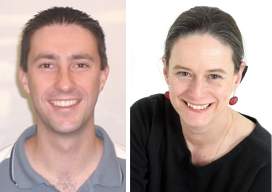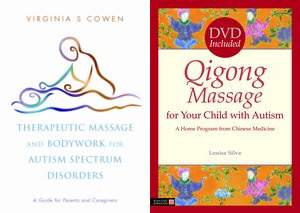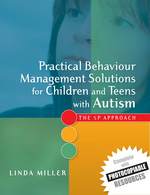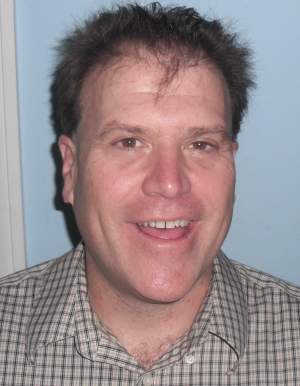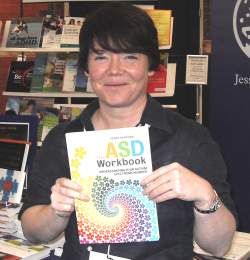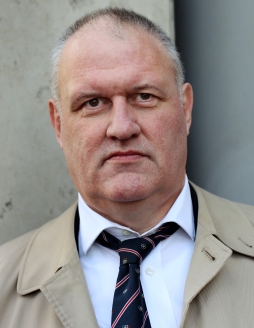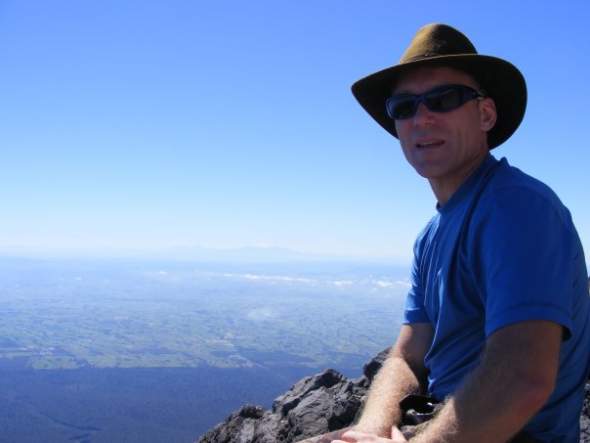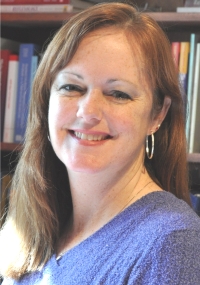What Teachers Need to Know about Asperger Syndrome – An Interview with Matt Winter and Clare Lawrence
“…I just could not believe how much information I had to read through to gain useful approaches for working with children in the education setting. I just knew that during my time as a classroom teacher I would never have had the luxury of completing this much reading for just one of my students and I became determined to distil down what I had learnt into a quick access guide for teachers.”
